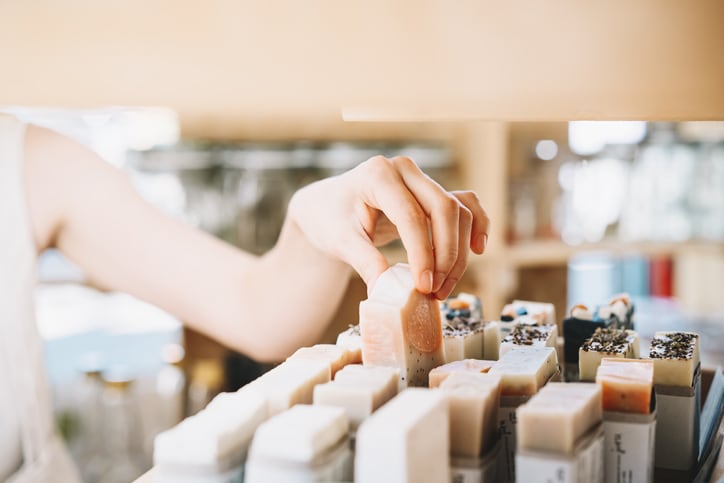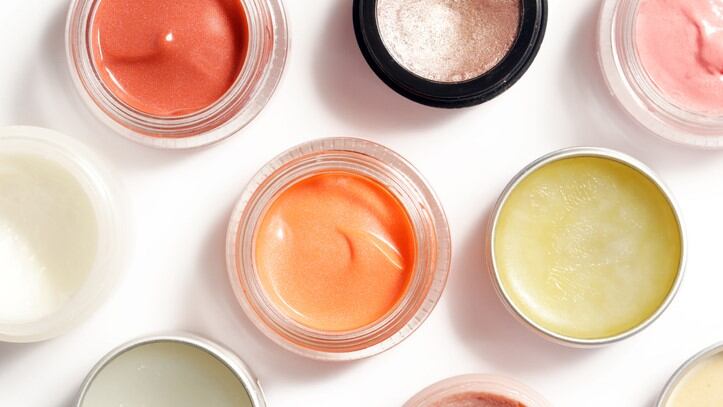Pakistanis spend about 4% of household expenditure on cosmetic and personal care products such creams, soaps, hair dye and lipstick every year.
In Pakistan, such products are typically produced by small local manufacturers that are unauthorised and not following standard protocols.
Conducted by researchers in China and Pakistan, the review found high levels of heavy metals and chemicals in cosmetic products made by local manufacturers.
These bring about adverse effects from mild irritation to skin rupture or more severe, carcinogenesis, or multiorgan failure.
This is significant as a report by the European Environmental Bureau indicated that Pakistan exports many mercury-loaded toxic skin-whitening creams to countries like Bangladesh and the Philippines, exposing consumers to health risks.
The study was funded by the Natural Science Foundation of Henan Province, and published in the Clinical, Cosmetic and Investigational Dermatology journal.
Contaminated cosmetics
The findings highlighted common contaminants found in widely used cosmetic products.
For instance, mercury and other heavy metals were often present in high quantities in skin-whitening creams and lotions.
Lip cosmetics were also found to be laced with iron, zinc, lead and copper. Lips are more susceptible to absorption and present an oral route of exposure to chemicals. Prolonged use of such products containing these elements may pose a threat to human health and the environment.
Pakistan also produces many low quality skin-lightening soaps and creams. These typically contain 31 mg/kg and 33,000 mg/kg mercury and ammonium respectively, that have serious effects on skin.
Henna, a popular skin dye in Pakistan was reported to contain oxalic acid, sodium picramate, titanium dioxide, textile dyes, carcinogenic substances, lead, chromium, and nickel which not only cause allergic reactions but can also penetrate blood vessels and damage body organs.
Hair dyes such as black stone are also commonly used in Pakistan. However, its composition of sodium, ethylenediaminetetraacetic acid (EDTA), and propylene glycol are known to contribute to multiorgan failure. Excessive use of black stone may also cause liver, respiratory system, and kidney problems.
Eye-care such as surma/kajal are used widely across the country. It is a fine powder made of heavy crystal or lead sulfides. Lead can penetrate into blood vessels and accumulate in the liver, inducing cancer.
Nail polish contains toxic aromatic chemicals, such as formaldehyde, toluene, and dibutyl phthalate, which can cause skin, eye, nose and throat irritation. If absorbed in high quantities into the skin, can result in dizziness, headache, and fatigue.
In Pakistan, having facial hair is a common and distressing problem for women. Most cannot afford laser treatment, and turn to local facial creams to remove facial hair. Hair-removal products typically contain heavy metals that make the skin red and cause rashes.
Consumers have no knowledge on the adverse side effects associated when they expose themselves to toxic chemicals continuously in the pursuit of beauty.
But due to the availability of illegally manufactured cosmetic products at local stores, a large portion of the Pakistani population, both men and women have been severely affected with facial skin damage and other clinical health issues.
Cosmetics are typically bought from local stores, instead of pharmacies or regular medical stores in the country.
In addition to health effects, such products also negatively impact the environment. For instance, cosmetics with high heavy metal content are discharged into wastewater after usage. Mercury becomes methylated and enters the food chain in the form of methylmercury, which is highly toxic to fish.
Lack of regulations
Researchers wrote: “Presently, there do not seem to be effective checks and balances in place, and specific regulations on standards for chemicals like mercury in consumer products, including cosmetics and skin-whitening creams, are much needed.”
There is a dire need for consumers, manufacturers and government to monitor cosmetic products in the country.
Researchers say one way was adopting Europe’s cosmetics regulations, which they cite as “the most reliable model on regulation.”
In addition, all consumer products should have mandatory labels, indicating the amount of chemicals added to the products, with updated contact information for the manufacturers.
“Consumer products containing excessive amounts of chemicals need to be banned for use/sale/manufacturing, and strict rules should be there to discourage manufacturers from playing with lives,
People should avoid purchasing foreign brands if the ingredients are not printed in English,
There must be rules for advertising approved cosmetic products. Environmental protection agencies may also be involved, in view of environmental pollution caused by chemical use and resulting release/waste.”
Pakistan is currently trying to strengthen relevant institutes such as the Pakistan National Accreditation Council, Pakistan Standards and Quality Control Authority (PSQCA), Drug Regulatory Authority of Pakistan to implement a quality-management system for regulation of the manufacture, import, sale, and distribution of all cosmetic products.
Source: Clinical, Cosmetic and Investigational Dermatology
https://doi.org/10.2147/CCID.S270667
“Personal-Care Cosmetic Practices in Pakistan: Current Perspectives and Management”
Authors: Nazeer Hussain Khan, et al.




